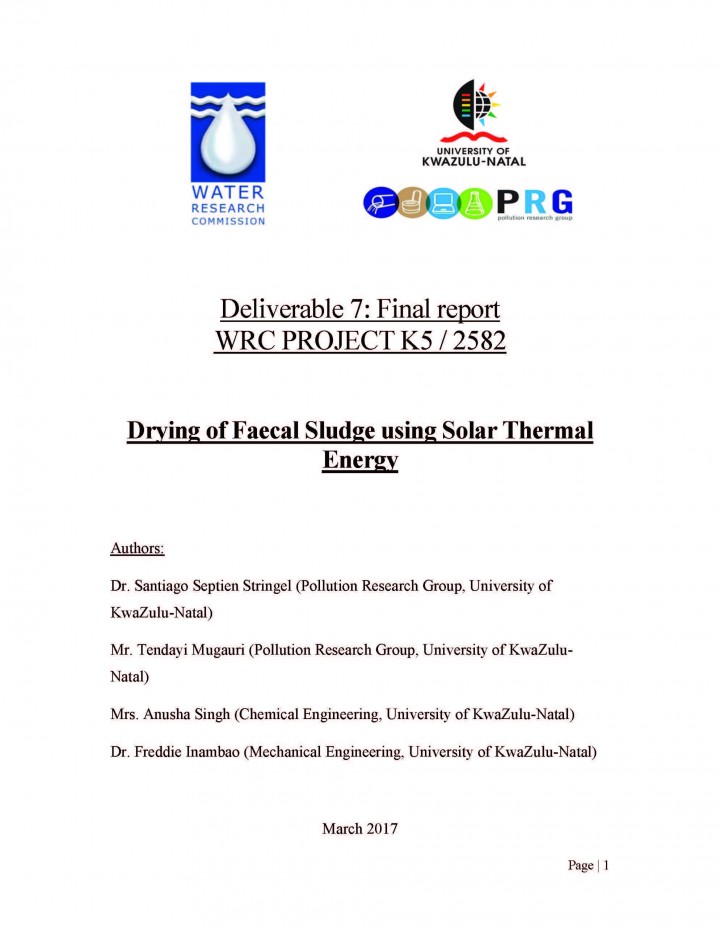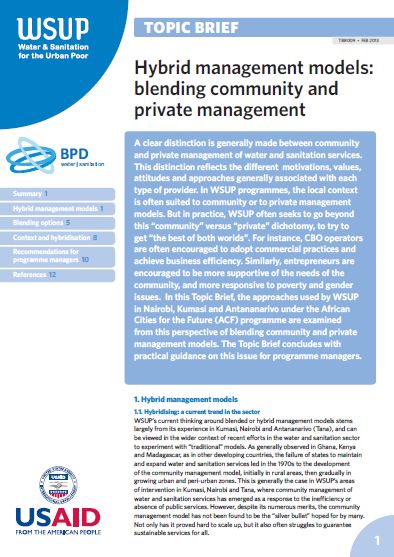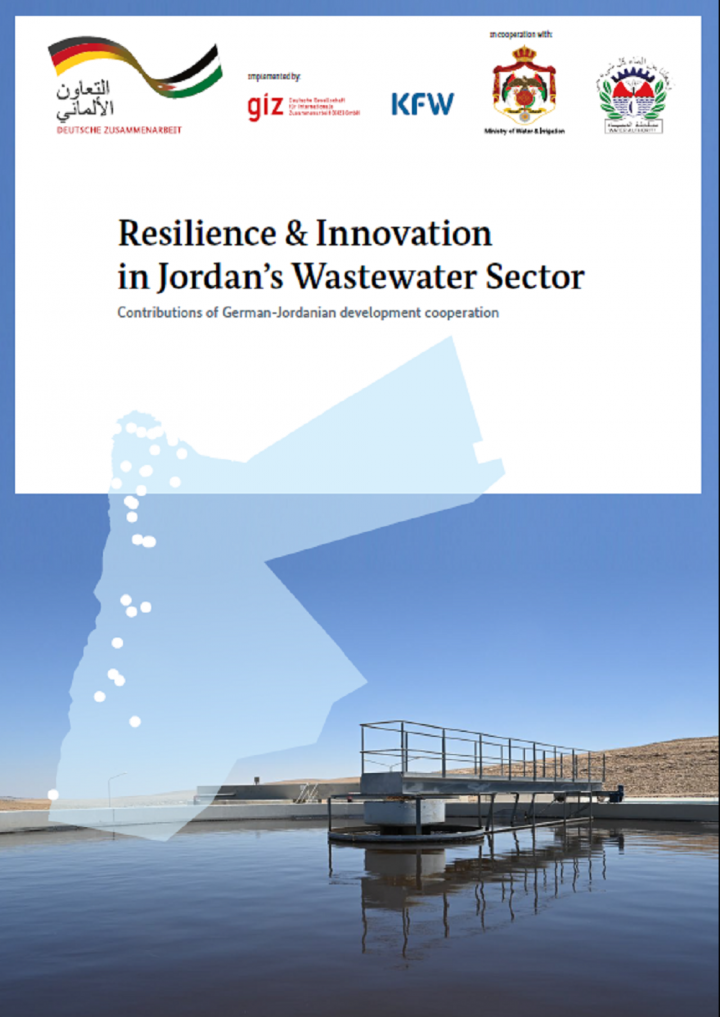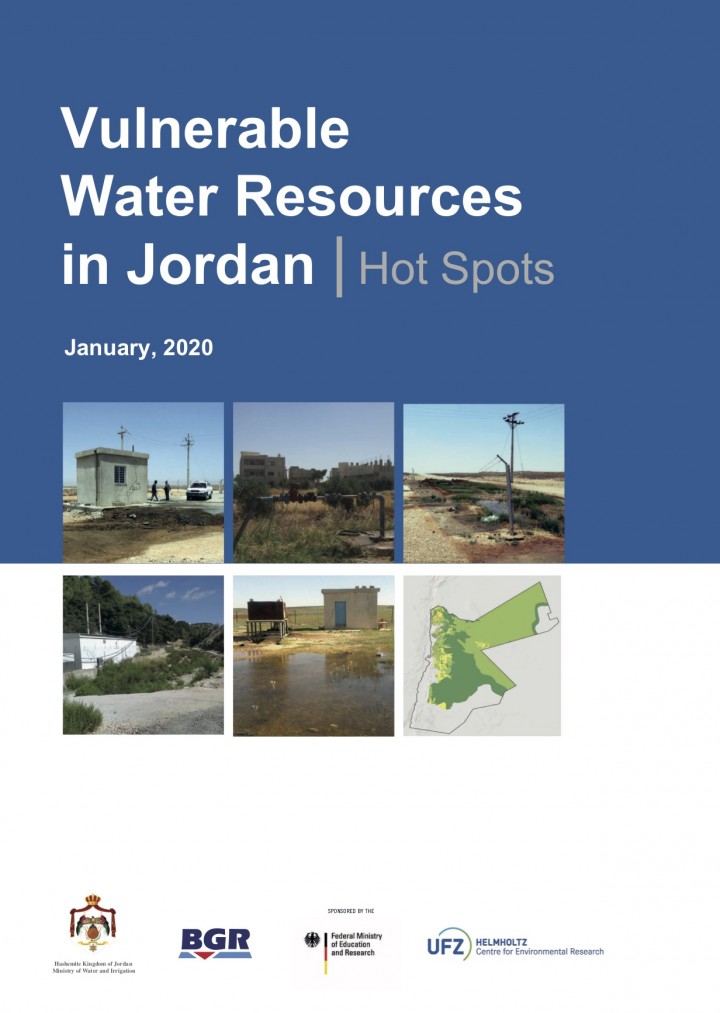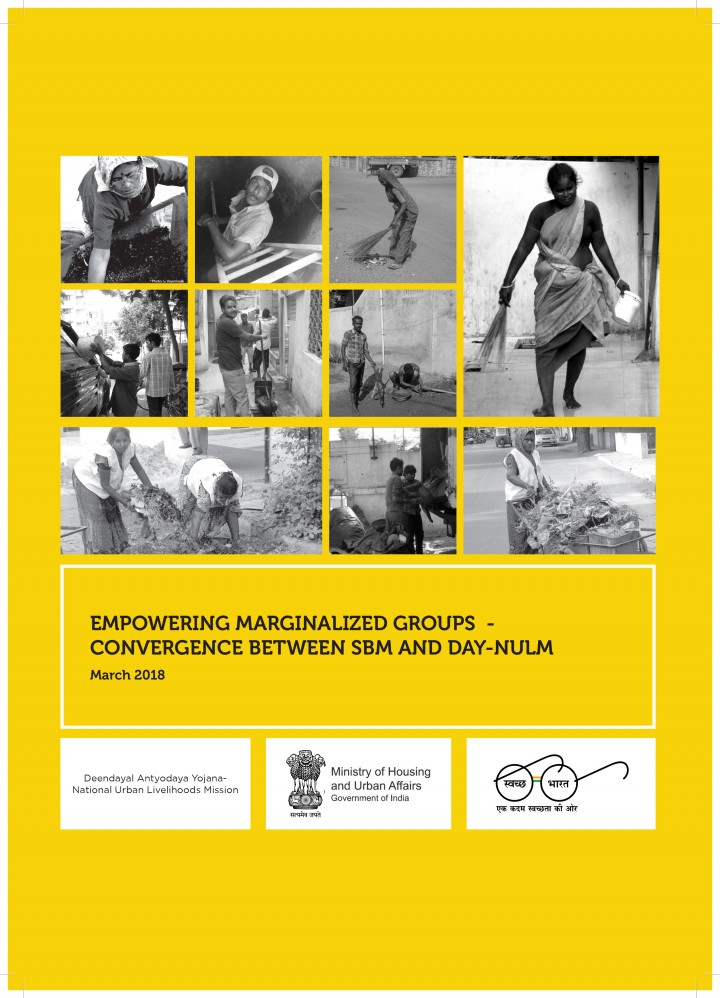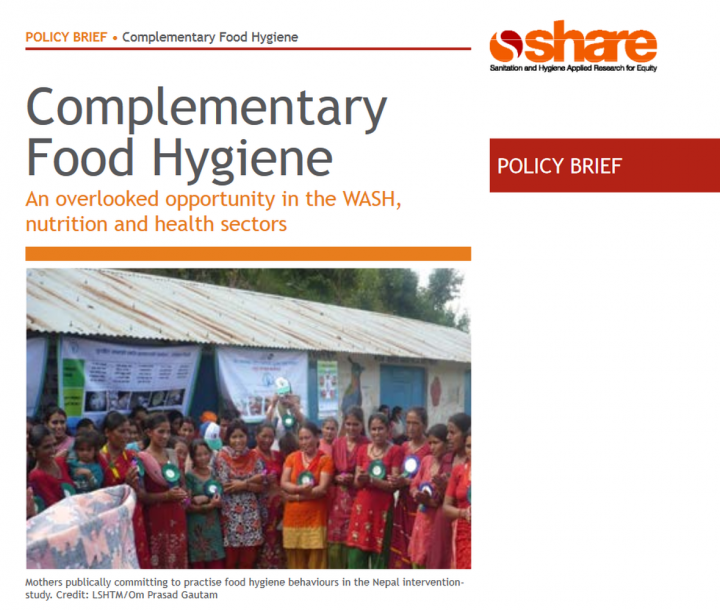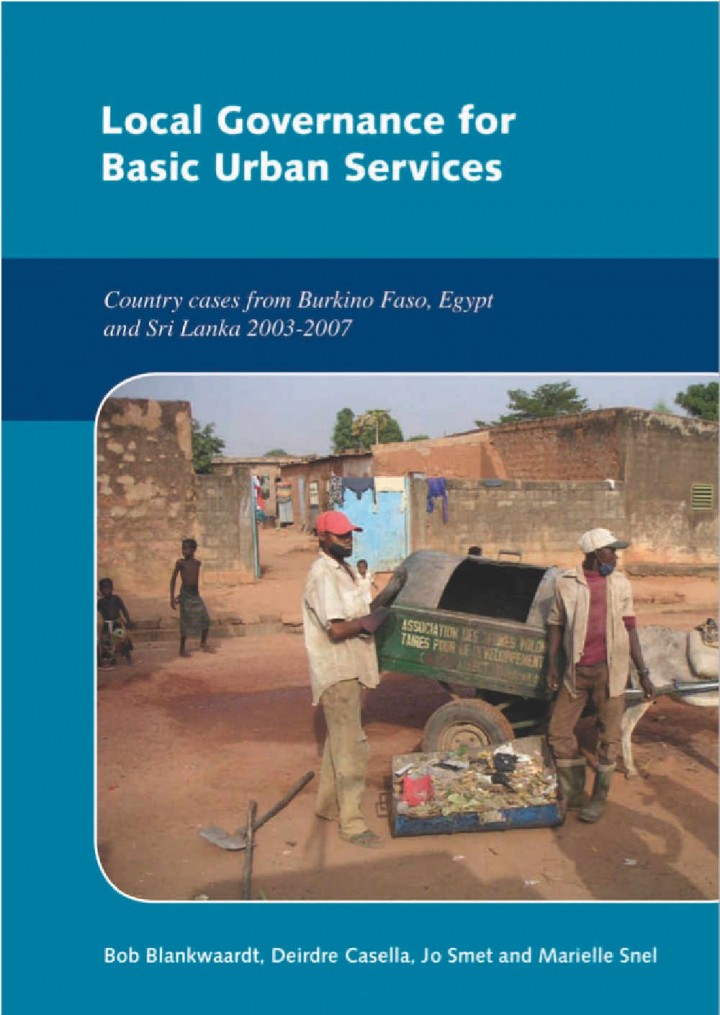Searching for information on Sanitation Workers?
The Sanitation Workers Knowledge + Learning Hub is the best source for all current news, trends, articles and updates on sanitation workers rights around the world.
Solar thermal energy, an abundant and free source of energy in the world, particularly in a major part of developing countries, could supplement heat for drying purposes, leading to the decrease of the operating costs. In the sanitation sector, the use of solar energy for faecal sludge drying has been minimal, with only a few cases. Possible reasons for the low use of solar drying is the lack of …
This publication describes the beginnings of a movement to address the adverse effects of healthcare waste on both people and the environment in Nepal. Healthcare waste refers to all waste generated in healthcare facilities, research centers and laboratories. It includes a broad range of materials, from potentially hazardous items, such as used needles and syringes, soiled dressings, body parts …
Sphere and its partner standards can guide our response. In situations of insecurity with the danger of misinformation and stigmatisation, it is important to understand and apply the most important and basic principles and actions to help limit the spread of the virus. There are tools from the humanitarian sector that can directly support your COVID-19 response. The sector has been gathering …
The main aim of this study originated from a request by the National Implementation Committee for Effective Integrated Wastewater Management – NICE to review and update the previously developed list of Hot Spots. Hot Spots are defined as areas where groundwater resources, through leakage of domestic wastewater from cesspools, septic tanks, or sewage networks or through inappropriate handling of …
This compendium is designed for use by staff working directly with communities - e.g. health workers and community volunteers working with disabled and older people and their families in rural areas of sub-Saharan Africa. A few examples of technologies are presented that families can adapt to suit their needs and budgets. Many more options are possible. Most of the ideas are suitable for disabled …
Empowering Marginalized Groups- Convergence Between SBM and DAY-NULM is a guideline on convergence between Swachh Bharat Mission (SBM) and Deendayal Antyodaya Yojana -National Urban Livelihood Mission (DAY-NULM). The guidelines are a ready reckoner for the government functionaries at the national, state and Urban Local Body (ULB) level to bring recognition to sanitation as a major livelihood …
Two ecosan workshops in Kenya, "ecosan Capacity Development Workshop" in Ugunja and "ecosan Vision workshop" in Nairobi, were organised and financed by the GTZ Program on sustainable sanitation - ecosan and the facilitating consultants Laura Kraft (freelance), Martin Wafler, Johannes Heeb (both seecon gmbh, Switzerland) and Ms. Pradnya Thakur (Ecosan Services Foundation, India). The main aim was …
This policy brief highlights the often overlooked opportunity that addressing complementary food hygiene offers the WASH, nutrition and health sectors for improving health outcomes. It outlines SHARE's contribution to narrowing the evidence gap concerning the relationship between food hygiene and child health, indicates opportunities for future research, and offers insights that could influence …
This short booklet presents a summary of IRC’s activities within the framework of the Basic Urban Services (BUS) Initiative, carried out over a five-year period (2003-2007) through an Agreement of Cooperation with UNCHS (UN-Habitat). The activities formed an integral part of, and contribution to, the implementation of the Second Phase Dutch Support to the Sustainable Cities Programme (SCP). …
Birgunj Metropolitan City is located in the Parsa District, Madhesh Province of Nepal, near the southern border with India. Birgunj Metropolitan City was officially formed on 14 April 2017. It was created by merging several local administrative units, including Birgunj Municipality, Pokhariya Municipality, and Adarsh Kotwal Rural Municipality. The total area of Birgunj Metropolitan City is …
IN 2020, UNICEF initiated WASH interventions in the urban slums of Jaipur city in partnership with the Centre for Advocacy and Research (CFAR). This was done in the context of the 2019 coronavirus (COVID-19) pandemic with a threefold objective. COVID-19 has highlighted the inter-linkages between health and hygiene and the vulnerability of the poor and the marginalized. As India battled with the …

